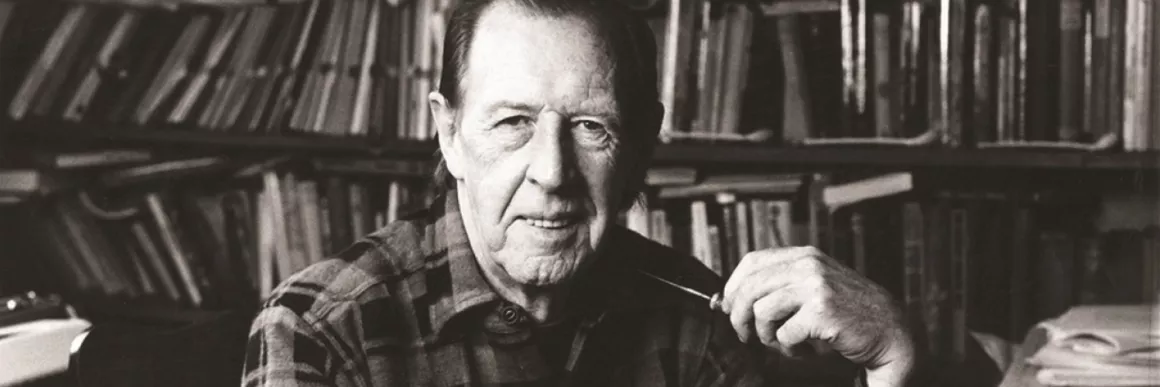This volume considers the place of Romantic works and the Romantic period itself in the work of one of the most important twentieth-century theorists of culture, Raymond Williams. Few works have generated as much critical thinking about Romantic writing’s literary purposes and social meanings as Culture and Society: 1780–1950 (1958), The Long Revolution (1961), or The Country and the City (1973), but, as these essays suggest, many of Williams’s other works have a more oblique yet equally powerful relationship to Romanticism’s moment. After an introduction that pays particular attention to central concepts passed down from Williams like "structure of feeling" and "cultural formation," these essays revisit Williams over thirty years after his death to reconsider his bearing on particular Romantic authors or broader sociohistorical processes in order to ask how his work helps us ask questions about the contemporary university and the place of the humanities within it.
Abstract
This volume considers the place of Romantic works and the Romantic period itself in the work of one of the most important twentieth-century theorists of culture, Raymond Williams. Few works have generated as much critical thinking about Romantic writing’s literary purposes and social meanings as Culture and Society: 1780–1950 (1958), The Long Revolution (1961), or The Country and the City (1973), but, as these essays suggest, many of Williams’s other works have a more oblique yet equally powerful relationship to Romanticism’s moment.
Abstract
This essay begins by considering the place of the Romantic period in Williams’s various accounts of pivotal historical moments. It goes on, however, to address two interrelated questions about Williams’s changing relation to the category of Romanticism, from his account of the "Romantic Artist" and the "Creative Imagination" around 1960 through his more systematic work on the sociology of literature in the 1970s and after.
Abstract
The problem of determination takes particular shape during the nineteenth century, as it becomes increasingly difficult to disentangle the concept of determination from Marxism on the one hand (as Marxism focuses attention on the ways preexisting conditions fix a course of events) and Romanticism on the other (as determined comes also to mean "unwavering" or "persistent"). In this essay I track these two competing definitions of determined through the writing of Raymond Williams and William Wordsworth.
Abstract
The concept of "industrialism" was the antithesis of the idea of "culture" that ran through the work of Raymond Williams. I want to suggest that the dichotomy, which remains remarkably durable even in his later work, represents a reductive account of the complexities of the project of the Industrial Revolution at odds with the way that cultural materialism in the hands of Williams was more generally alert to the contradictions at work in relations between economic developments and cultural forms.
Abstract
This paper argues that if the tension between Raymond Williams’s inscription within many of the very cultural influences that his work was aimed at "clearing" and the critical scrutiny that he brought to bear on the historical sources of these limitations offered a compelling counterpoint to the strengths and the problems inherent in Romantic authors’ own stress on the primacy of lived experience in face of the hostile pressures of their day, his understanding of these authors as both a pioneering force in the development of new ideas about the role of culture and as ca
Abstract
This essay seeks to contextualize Williams’s Marxism and Literature in the history of Marxist and structuralist debates about language and mediation. It emphasizes the book’s usefulness in thinking both about our profession and our relationship to other kinds of workers. Williams consistently emphasizes process over structure and roots much of his understanding of Marxism in the history of Romantic-era England.
Abstract
In The Country and the City (1973), Raymond Williams launched an investigation into the historical character of Jane Austen’s fiction which has profoundly influenced our understanding of the novelist’s work and the period in which she wrote. This essay first examines Williams’s curiously static representation of Austen, offered by a critic otherwise attuned to a literary and social history conceived as unsettled and agitated.
Abstract
This essay explores developments in Raymond Williams’s account of William Cobbett in part as a way to understand his shifting sense of the literature of the Romantic period with respect to the impact of industrialization and social change.

